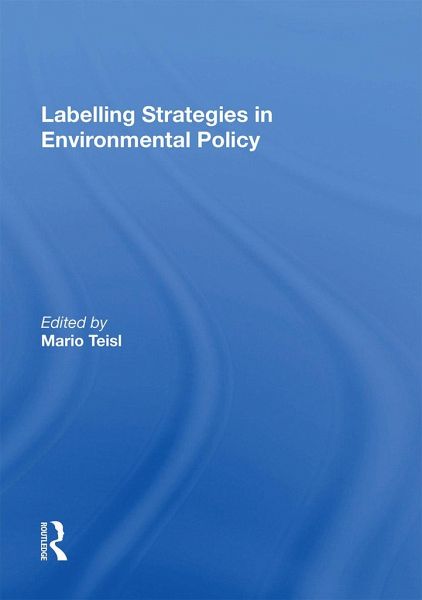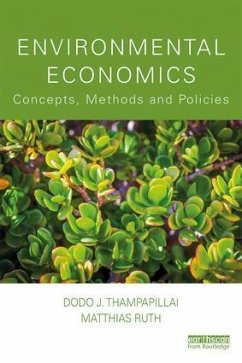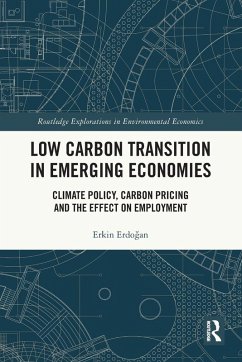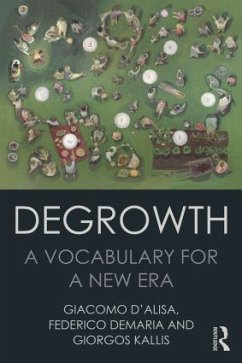Nicht lieferbar

Labelling Strategies in Environmental Policy
Eco-labelling programmes have been in existence for many years but their recent growth now extends to many products and services. The academic literature has grown in response and there have been several theoretical and empirical advances. This volume presents the best of previously published research on the design and effects of eco-labelling programmes.













